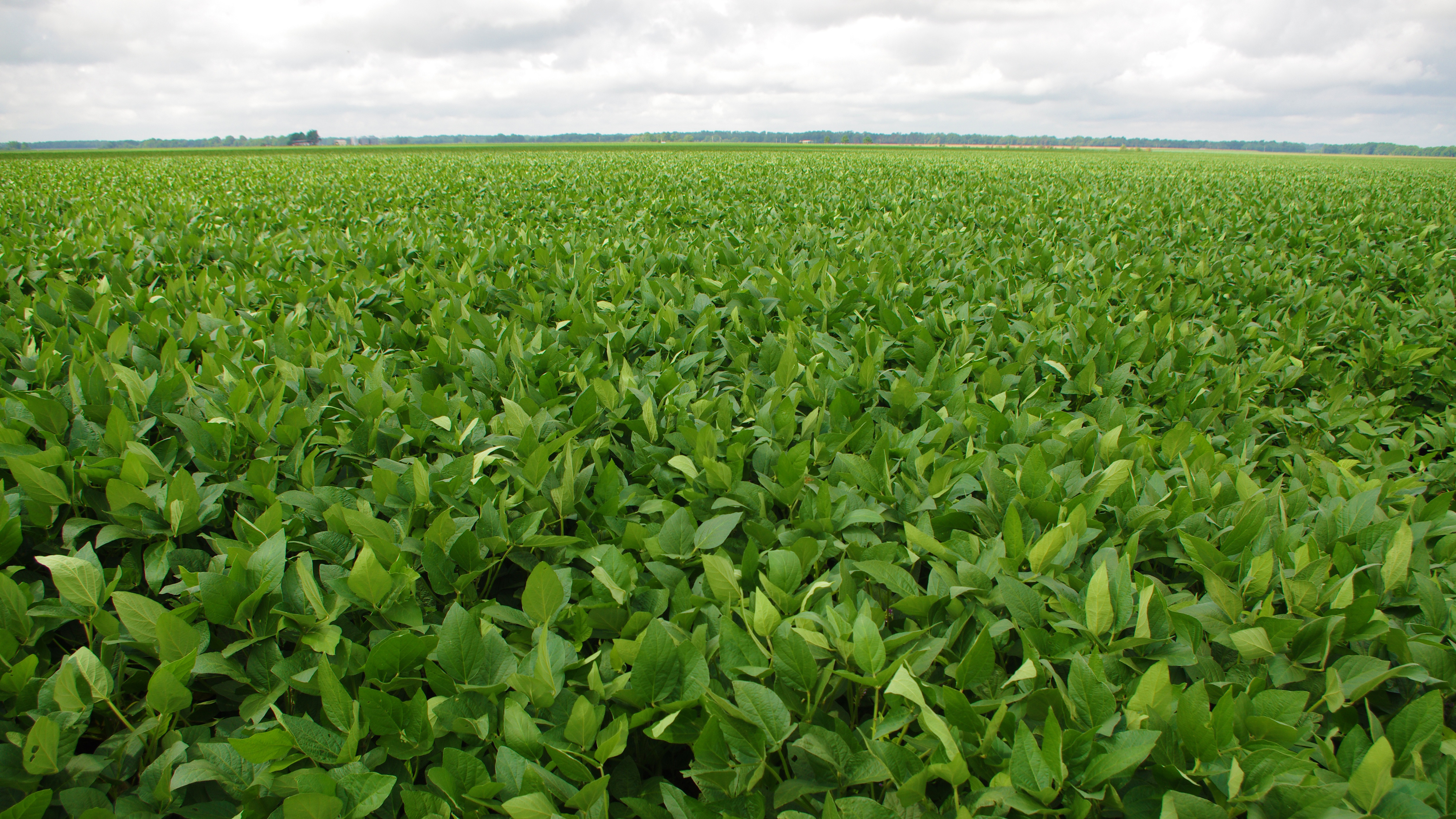
Safe Pesticide Use

Pesticides play a key role in regenerative farming practices such as no-till and cover cropping. Without pesticides, farmers would lose these critical practices, which help absorb carbon and protect against soil erosion and fertilizer runoff. Today’s precision agriculture equipment allows farmers to monitor crop health down to the plant, use less water, and pinpoint pesticide and fertilizer application. Farmers are committed to safely using these products, which often require additional extra training and certification. Many farmers live and work on the same land where they raise their children, and they feed their families the same food as they are growing for rest of the country. Without pesticides, our crop health would suffer, leading to more waste, and we would lose important regenerative practices.
Most farmers and their families live on the same land where these products are used.
Pesticides are so heavily scrutinized by scientists that approval takes approximately 11 years and, on average, only one in 10,000 discoveries makes it from the lab to approval for use in the field. These products are thoroughly vetted by food, health, and environmental scientists, plus subjected to extensive public scrutiny and independent scientific peer review.
Pesticides are highly regulated and undergo years of testing before they are approved for use on farms, golf courses and backyards, to ensure they can be safely applied.
